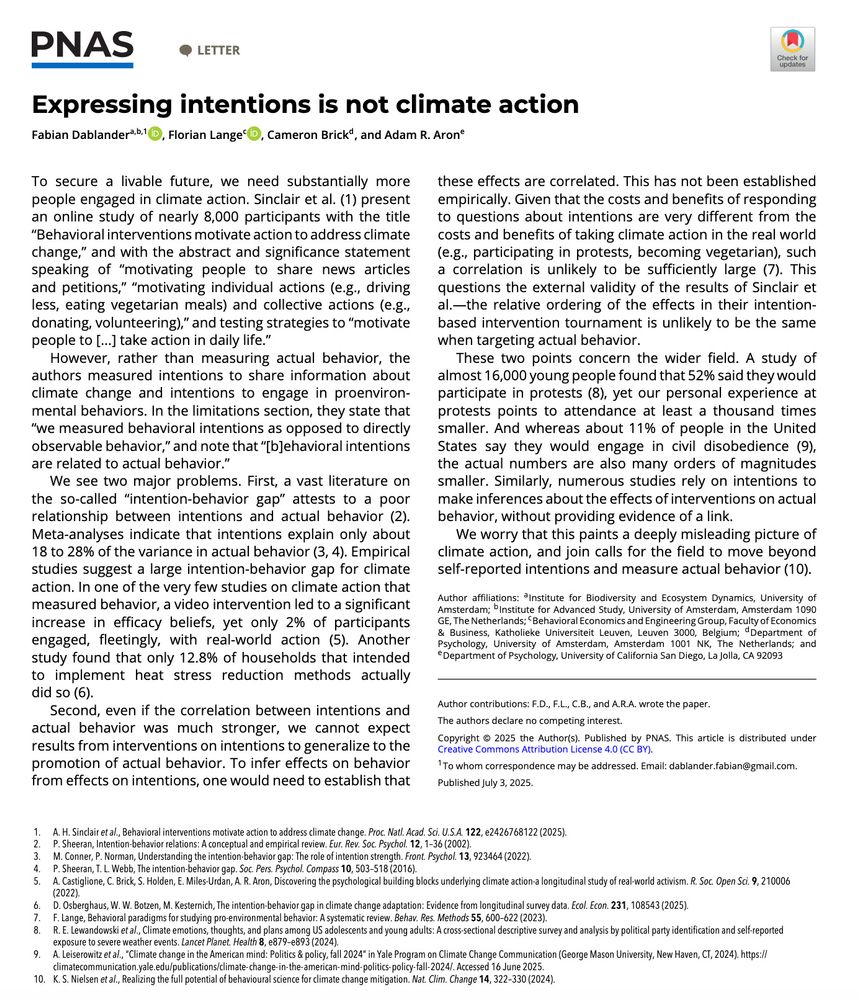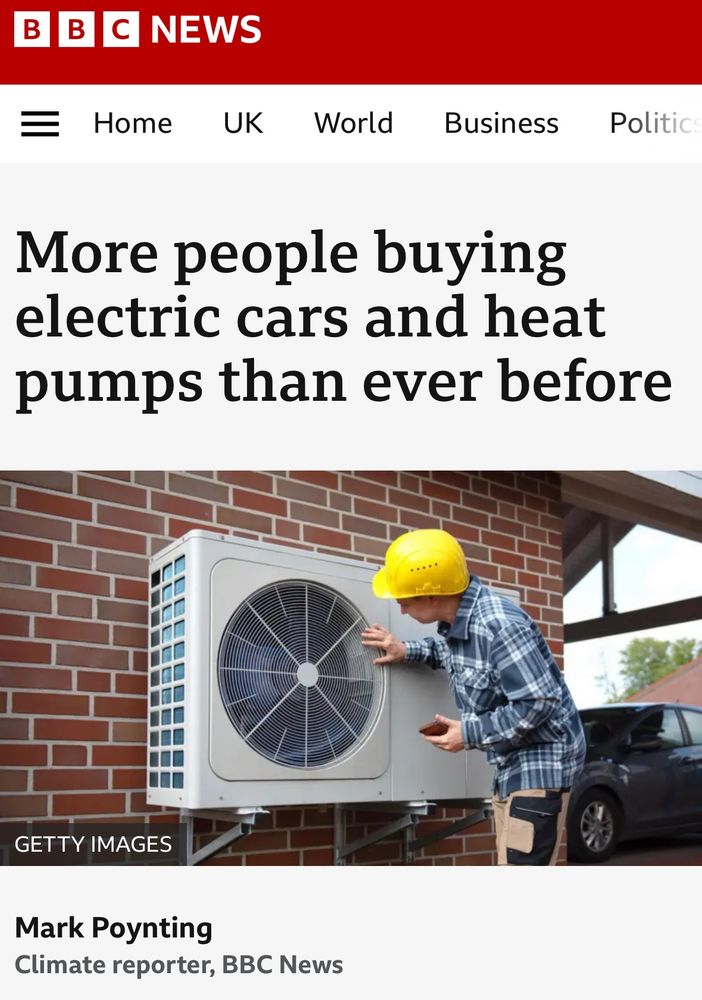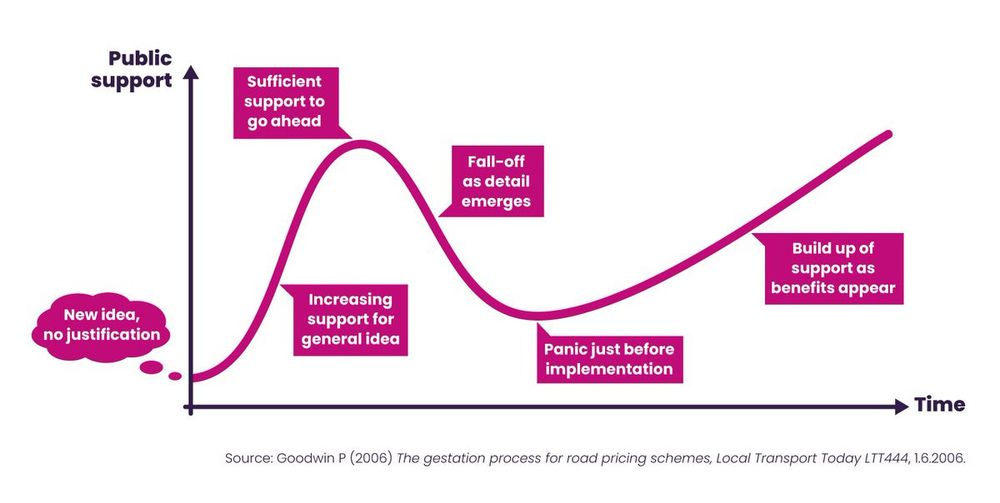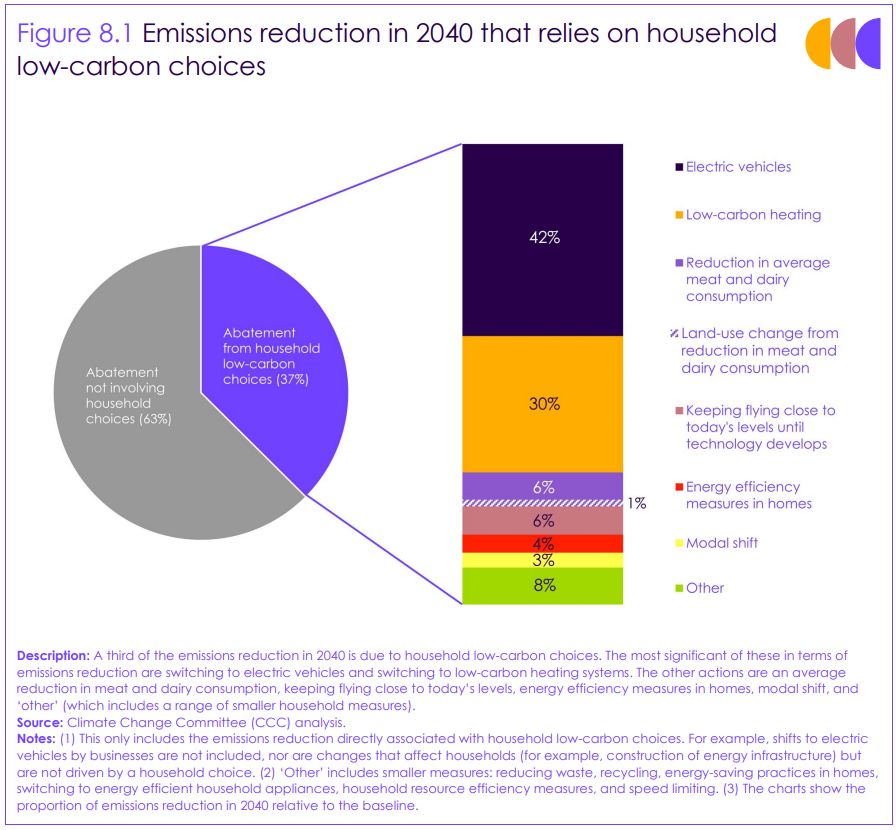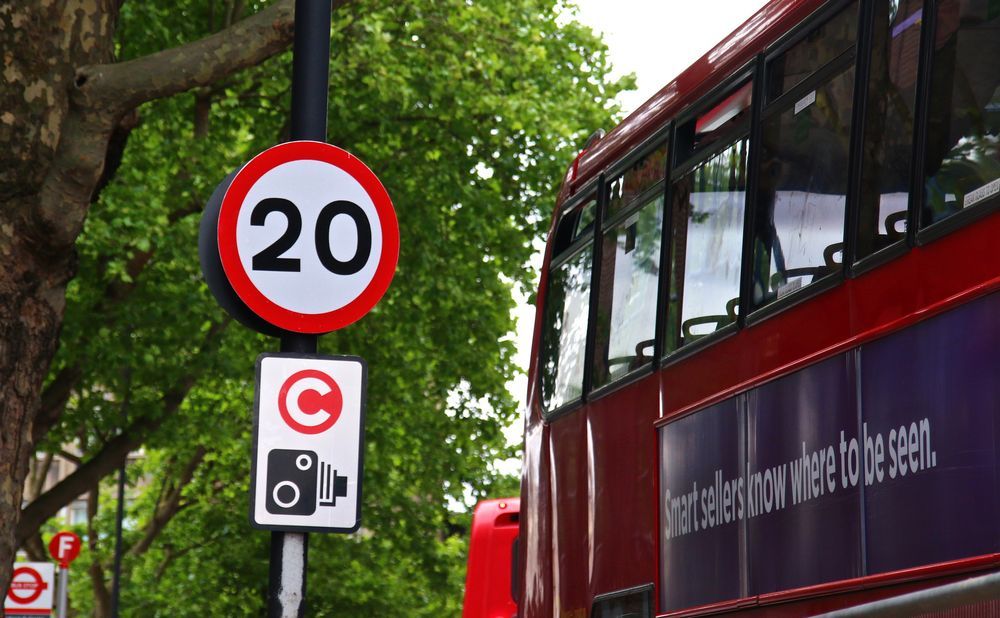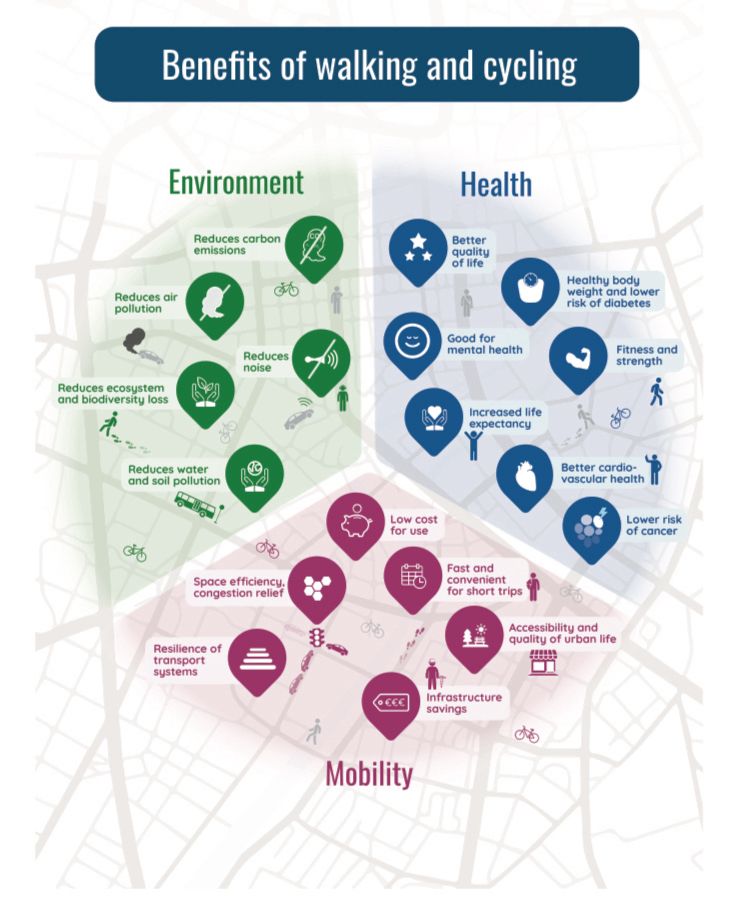Jake Reynolds
@jakereynolds.bsky.social
3.3K followers
740 following
580 posts
Researching Green Behaviors @ Columbia Business School, New York 🗽
Columbia PhD Behavioral Marketing & Data Science 📈 | University of Cambridge BA 🎓
Behavioural Insights Team Alum 📊 Energy, Transport, and Sustainability Policy
Posts
Media
Videos
Starter Packs
Reposted by Jake Reynolds
Reposted by Jake Reynolds
Jake Reynolds
@jakereynolds.bsky.social
· Dec 17
Reposted by Jake Reynolds
Dan Goldstein
@dggoldst.bsky.social
· Jul 23
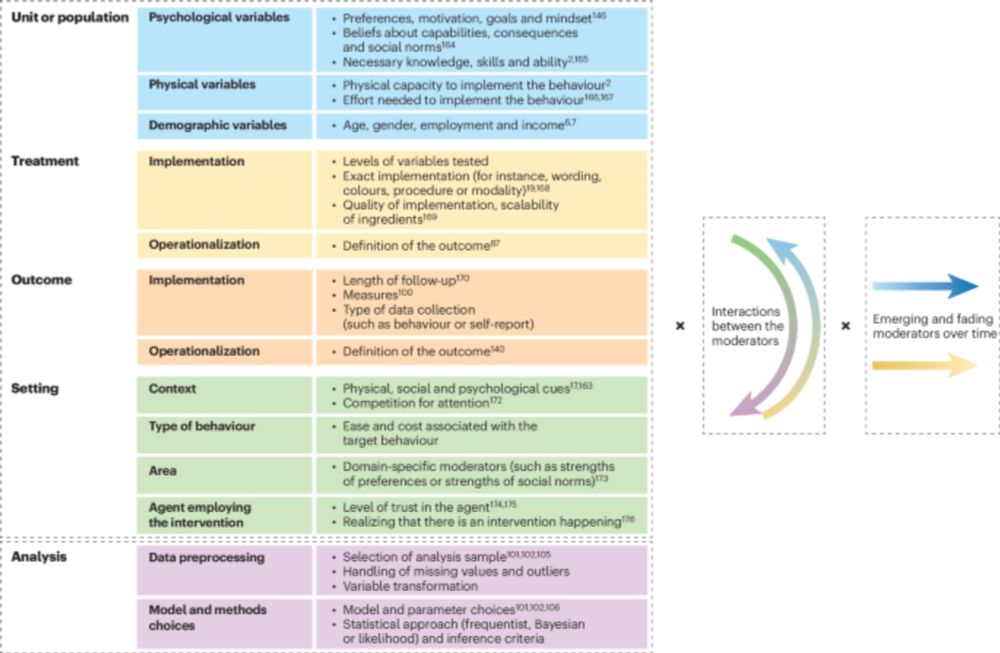
Generalizability of choice architecture interventions - Nature Reviews Psychology
Choice architecture interventions (or ‘nudges’) aim to guide behaviour by changing the proximal physical, social or psychological environment. In this Review, Szaszi and colleagues show that the avera...
www.nature.com
Jake Reynolds
@jakereynolds.bsky.social
· Jul 17
Jake Reynolds
@jakereynolds.bsky.social
· Jul 17
Reposted by Jake Reynolds
Reposted by Jake Reynolds
Reposted by Jake Reynolds
Reposted by Jake Reynolds
Katharine Hayhoe
@katharinehayhoe.com
· Jun 12

Understanding six “key truths” about climate change predicts policy support, discussion, and political advocacy - Climatic Change
Effective communication is critical in efforts to limit and manage the risks of climate change. One empirical approach to crafting effective communication is to start with communication objectives, th...
link.springer.com
Jake Reynolds
@jakereynolds.bsky.social
· Jun 12
Jake Reynolds
@jakereynolds.bsky.social
· Jun 11
Jake Reynolds
@jakereynolds.bsky.social
· Jun 11
Jake Reynolds
@jakereynolds.bsky.social
· Jun 11
Jake Reynolds
@jakereynolds.bsky.social
· Jun 11
Jake Reynolds
@jakereynolds.bsky.social
· Jun 11
Jake Reynolds
@jakereynolds.bsky.social
· Jun 11
Jake Reynolds
@jakereynolds.bsky.social
· Jun 10
Reposted by Jake Reynolds
Reposted by Jake Reynolds


